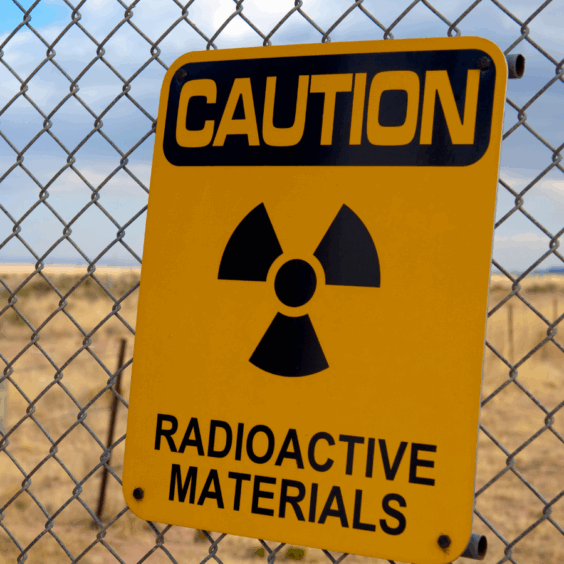 On July 9, 2025, in Hammond Power Solutions Inc. v. National Union Fire Insurance Co., the Seventh Circuit Court of Appeals affirmed the district court’s decision granting summary judgment to the insurer and finding, under Wisconsin law, that an endorsement in a commercial general liability policy containing an exclusion applicable to “any form of radiation” applied to a claim arising out of alleged electromagnetic field (EMF) radiation.
On July 9, 2025, in Hammond Power Solutions Inc. v. National Union Fire Insurance Co., the Seventh Circuit Court of Appeals affirmed the district court’s decision granting summary judgment to the insurer and finding, under Wisconsin law, that an endorsement in a commercial general liability policy containing an exclusion applicable to “any form of radiation” applied to a claim arising out of alleged electromagnetic field (EMF) radiation.
Hammond Power Solutions Inc.’s CGL policy provided liability insurance for certain bodily injury and property damage claims. The policy contained a “radioactive matter exclusion” endorsement barring coverage for claims for “‘[b]odily injury’ or ‘property damage’ arising out of the actual, alleged or threatened exposure of person(s) or property to any radioactive matter or any form of radiation.”
In 2022, individual claimants filed a lawsuit in New York state court against Hammond alleging that certain transformers manufactured by Hammond emitted dangerous levels of electromagnetic radiation that ultimately gave one of the claimants cancer. Hammond tendered the lawsuit to its insurance carrier and requested defense and indemnity under the policy. The carrier denied coverage for the lawsuit pursuant to the “radioactive matter exclusion,” citing to the provision barring coverage for claims arising out of exposure to “any form of radiation.”
Hammond subsequently filed a coverage action against the insurer. The district court granted summary judgment to the carrier, holding that “[n]o reasonable insured in Hammond’s position would expect a policy that excludes coverage for bodily injuries arising from exposure to ‘any form of radiation’ to provide coverage for bodily injuries arising from exposure to EMF radiation, which Hammond admits is a form of radiation.” Hammond appealed the decision to the Seventh Circuit.
Applying Wisconsin law, the Seventh Circuit rejected Hammond’s argument that the use of the word “any” in the exclusion should be read narrowly so as to allow coverage for claims arising from EMF radiation, noting the endorsement did not contain any language limiting the scope of the type of radiation encompassed by the exclusion. Moreover, the court rejected Hammond’s argument suggesting that the phrase “any form of radiation” should be read in light of the preceding phrase — “any radioactive matter” — to limit the scope of the exclusion only to claims arising out of radiation caused by radioactive matter. Rather, the court found that the context of the endorsement provided no such basis for limiting the scope of the exclusion. Moreover, the court did not agree with Hammond’s contention that applying the exclusion to bar coverage for a sunburn, heat sickness, lighting strikes, or microwave burns would net an absurd result, given the broad text of the endorsement.
The court found no ambiguity in the wording of the endorsement, holding that the policy, read as a whole, offered no “inconsistencies, false expectations, or reasonable alternative meanings” that would justify the imposition of a narrow construction of the exclusion. The court noted that Wisconsin law emphasizes a plain-text reading of broad and unambiguous language in interpreting exclusions. The court likewise rejected Hammond’s contention that the title of the endorsement, “radioactive matter exclusion,” should limit the scope of the claims excluded and similarly rejected Hammond’s argument that the location of the endorsement had an impact on its meaning. The court also rejected Hammond’s argument that the nature of its business model should inform the court’s reading of the exclusion — the court refused to assume that it was the intent of the parties to afford coverage for claims arising out of EMF radiation given that the unambiguous wording of the endorsement provides to the contrary.
Accordingly, the Seventh Circuit held that the insurer has no duty to defend or indemnify Hammond.
